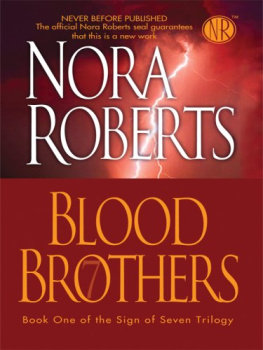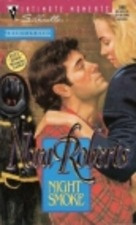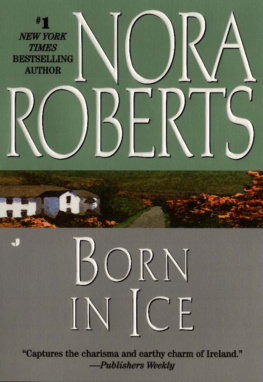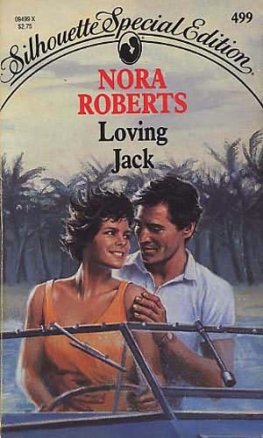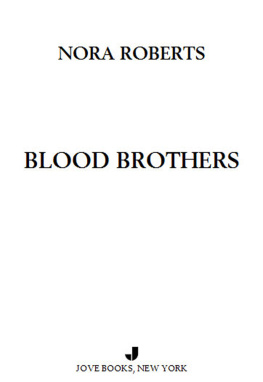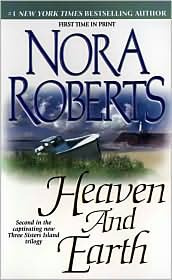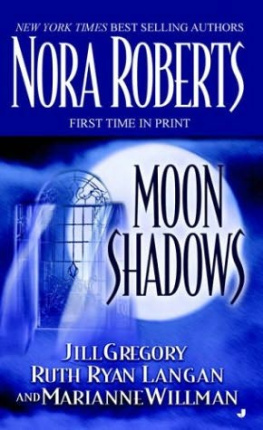All characters and events in this publication, other than those clearly in the public domain, are fictitious and any resemblance to real persons, living or dead, is purely coincidental.
All rights reserved. No part of this publication may be reproduced, stored in a retrieval system, or transmitted, in any form or by any means, without the prior permission in writing of the publisher.
The song and the silence in the heart,
That in part are prophecies, and in part
Are longings wild and vain.
LONGFELLOW

T HE STONE WALLS STOOD AS THEY HAD FOR MORE THAN two centuries, simple, sturdy, and strong. Mined from the hills and the valleys, they rose in testament to mans inherent desire to leave his mark, to build and create.
Over those two centuries man married the stone with brick, with wood and glass, enlarging, transforming, enhancing to suit the needs, the times, the whims. Throughout, the building on the crossroads watched as the settlement became a town, as more buildings sprang up.
The dirt road became asphalt; horse and carriage gave way to cars. Fashions flickered by in the blink of an eye. Still it stood, rising on its corner of The Square, an enduring landmark in the cycle of change.
It knew war, heard the echo of gunfire, the cries of the wounded, the prayers of the fearful. It knew blood and tears, joy and fury. Birth and death.
It thrived in good times, endured the hard times. It changed hands and purpose, yet the stone walls stood.
In time, the wood of its graceful double porches began to sag. Glass broke; mortar cracked and crumbled. Some who stopped at the light on the town square might glance over to see pigeons flutter in and out of broken windows and wonder what the old building had been in its day. Then the light turned green, and they drove on.
Beckett knew.
He stood on the opposite corner of The Square, thumbs tucked into the pockets of his jeans. Thick with summer, the air held still. With the road empty, he could have crossed Main Street against the light, but he continued to wait. Opaque blue tarps draped the building from roof to street level, curtaining the front of the building. Over the winter it had served to hold the heat in for the crew. Now it helped block the beat of the sunand the view.
But he knewhow it looked at that moment, and how it would look when the rehab was complete. After all, hed designed ithe, his two brothers, his mother. But the blueprints bore his name as architect, his primary function as a partner in Montgomery Family Contractors.
He crossed over, his tennis shoes nearly silent on the road in the breathless hush of three a. m. He walked under the scaffolding, along the side of the building, down St. Paul, pleased to see in the glow of the streetlight how well the stone and brick had cleaned up.
It looked oldit was old, he thought, and that was part of its beauty and appeal. But now, for the first time in his memory, it looked tended.
He rounded the back, walked over the sunbaked dirt, through the construction rubble scattered over what would be a courtyard. Here the porches that spanned both the second and third stories ran straight and true. Custom-made picketsdesigned to replicate those from old photographs of the building, and the remnants found during excavationhung freshly primed and drying on a length of wire.
He knew his eldest brother, Ryder, in his role as head contractor, had the rails and pickets scheduled for install.
He knew because Owen, the middle of the three Montgomery brothers, plagued them all over schedules, calendars, projections, and ledgersand kept Beckett informed of every nail hammered.
Whether he wanted to be or not.
In this case, he supposed as he dug out his key, he wanted to beusually. The old hotel had become a family obsession.
It had him by the throat, he admitted as he opened the unfinished and temporary door to what would be The Lobby. And by the heartand hell, it had him by the balls. No other project theyd ever worked on had ever gotten its hooks in him, in all of them, like this. He suspected none ever would again.
He hit the switch, and the work light dangling from the ceiling flashed on to illuminate bare concrete floors, roughed-in walls, tools, tarps, material.
It smelled of wood and concrete dust and, faintly, of the grilled onions someone must have ordered for lunch.


